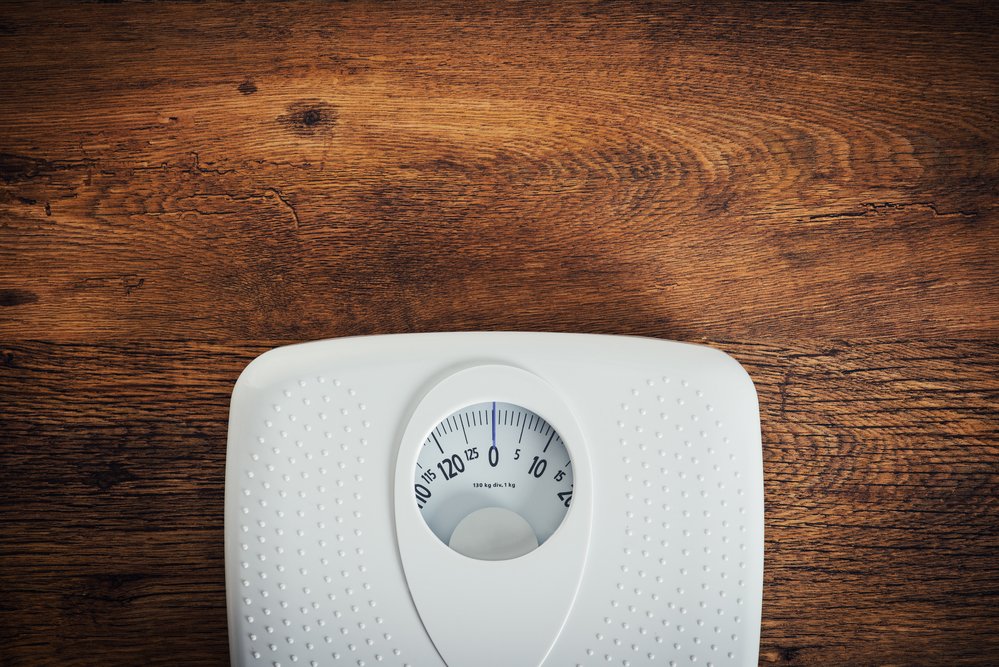Gastric Bypass Surgery vs. Gastric Sleeve Surgery
If you are considering weight loss surgery, there are a few different options available to you. Two common procedures are gastric bypass surgery and gastric sleeve surgery. While both of these surgeries can lead to significant weight loss, they have some key differences that may make one more suitable for your individual needs.
In this blog post, we will discuss the differences between gastric bypass surgery and gastric sleeve surgery so that you can make an informed decision about which procedure is right for you.
What Is Gastric Bypass Surgery?
Gastric bypass surgery is a weight loss surgery that involves creating a small pouch at the top of the stomach and connecting it to the small intestine. This reduces the amount of food you can eat, as well as how many calories and nutrients your body absorbs.
Gastric bypass surgery has been performed for several decades and is an effective method for long-term weight loss. It also has additional health benefits, such as improving or resolving type 2 diabetes, high blood pressure, sleep apnea, and other obesity-related conditions.
What Is Gastric Sleeve Surgery?
Gastric sleeve surgery, also known as sleeve gastrectomy, is a weight loss surgery that involves removing approximately 80% of the stomach, leaving a narrow tube or "sleeve" for food to pass through. This reduces the amount of food you can eat and also decreases the production of hunger-inducing hormones by removing the part of the stomach responsible for producing them.
Gastric sleeve surgery has gained popularity in recent years due to its effectiveness in producing significant weight loss and improvements in obesity-related conditions.
The Key Differences Between Gastric Bypass Surgery and Gastric Sleeve Surgery
Size of the Stomach
One of the main differences between gastric bypass surgery and gastric sleeve surgery is the size of the stomach. In gastric bypass surgery, a small pouch is created at the top of the stomach, drastically reducing its size. This means that patients can only eat small amounts of food at a time.
In gastric sleeve surgery, approximately 80% of the stomach is removed, leaving a narrow tube or "sleeve" for food to pass through. While this also reduces the amount of food a patient can eat, it does not restrict it as much as gastric bypass surgery.
Absorption of Nutrients
Another key difference between these two procedures is how they affect the absorption of nutrients. In gastric bypass surgery, part of the small intestine is bypassed, meaning that fewer calories and nutrients are absorbed by the body.
In contrast, gastric sleeve surgery does not alter the small intestine's pathway, so there is no change in nutrient absorption. However, because patients eat less food overall, they may still experience some malabsorption of essential vitamins and minerals if their diet is not carefully monitored.
Changes to Hormones
The removal of a portion of the stomach in gastric sleeve surgery can lead to changes in hormone production. Specifically, hormones that stimulate hunger are produced in the part of the stomach that is removed during this surgery. As a result, patients may experience a decrease in appetite and cravings for food after the procedure.
In gastric bypass surgery, changes to hormone production are more significant as part of the small intestine responsible for producing hormones is bypassed. This can lead to even greater reductions in hunger and appetite.
Reversibility
One important consideration when choosing between these two surgeries is the reversibility of each procedure. Gastric sleeve surgery is not reversible, as it involves removing a portion of the stomach permanently. However, gastric bypass surgery can be reversed if necessary by reconnecting the small intestine to the original pouch created during the initial surgery.
Which Surgery Is Right for You?
Choosing between gastric bypass surgery and gastric sleeve surgery ultimately depends on your individual needs, health, and goals. Both procedures have been proven effective in producing significant weight loss and improving obesity-related conditions.
If you struggle with portion control and hunger, gastric bypass surgery may be a better option for you. However, if you prefer a less invasive procedure that does not alter nutrient absorption, gastric sleeve surgery may be a more suitable choice. For more information, contact us at Ultimate Bariatrics.

